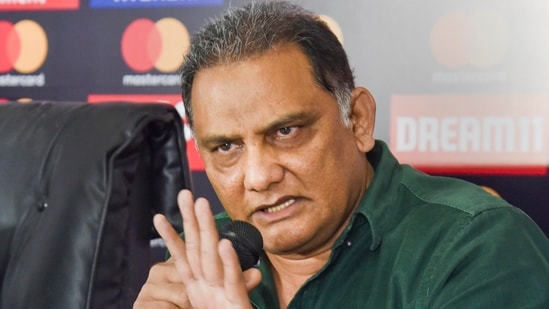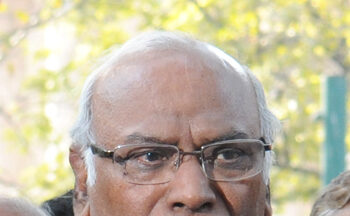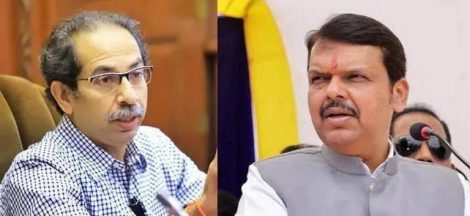Mohammad Azharuddin, the former captain of the India cricket team and a prominent Congress politician, has found himself embroiled in a money laundering investigation led by the Enforcement Directorate (ED). On October 8, 2024, the ED questioned the 61-year-old for over eight hours, as part of an ongoing probe into alleged financial irregularities related to the Hyderabad Cricket Association (HCA).
Azharuddin, who served as president of the HCA from 2019 to 2023, is under scrutiny for his involvement during this period. The ED’s inquiry comes in the wake of multiple FIRs and charge sheets filed by Telangana’s Anti-Corruption Bureau (ACB), accusing HCA officials of criminal misappropriation of funds amounting to over ₹20 crore. Allegations suggest these irregularities may have occurred under Azharuddin’s leadership, prompting the ED to act under the Prevention of Money Laundering Act (PMLA).
The ED’s investigation builds on findings from a series of raids it conducted across nine locations in Telangana last year. These searches led to the seizure of unaccounted cash, digital evidence, and other incriminating documents, heightening suspicions surrounding the administration of HCA finances during Azharuddin’s presidency. As a result, the financial dealings of the association, especially under his leadership, have come under increasing scrutiny.
On October 3, the ED had first issued a summons to Azharuddin to appear before its officers, but he requested a deferment, citing personal reasons. The agency granted him additional time and rescheduled his deposition for October 8, which led to the prolonged questioning session. Sources indicate that the ED’s line of questioning revolved around Azharuddin’s role in key financial decisions during his tenure at the HCA, the alleged discrepancies, and how the association handled its funds.
This investigation into the HCA, while centered on allegations of money laundering, has also drawn attention to broader governance issues within Indian cricket associations, where financial transparency has been a persistent challenge. The case involving Azharuddin serves as a high-profile example of how sports administration and financial integrity can come into conflict, leading to significant legal ramifications.
Azharuddin, known for his storied career as one of India’s most successful cricket captains, has seen his post-cricket life marred by controversies. His association with the HCA had already raised concerns over alleged factionalism within the organization, and now, the financial irregularities have further complicated his legacy. Although Azharuddin has yet to make a public statement on the ED’s questioning, it is widely anticipated that his legal team will release a detailed response to the allegations in the coming days.
The broader money laundering probe continues to unfold, and it remains to be seen what legal consequences will arise for Azharuddin and others involved. The ongoing inquiry into the HCA has already implicated several other officials, with the ED intensifying its efforts to track down the source and beneficiaries of the misappropriated funds.
For Azharuddin, this marks yet another chapter in a career filled with dramatic highs and lows. After making a name for himself on the cricket field with his elegant strokeplay and exceptional leadership, his reputation took a major hit in 2000 when he was banned from cricket following a match-fixing scandal. Although the ban was eventually lifted in 2012, and he went on to serve as an MP and HCA president, his tenure as a sports administrator now faces a severe test with these allegations.




 Congress is Spreading Hatred, Claims Modi Amid Growing Political Tensions
Congress is Spreading Hatred, Claims Modi Amid Growing Political Tensions 